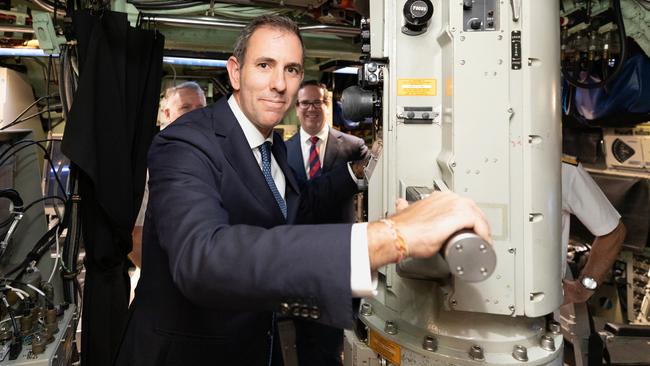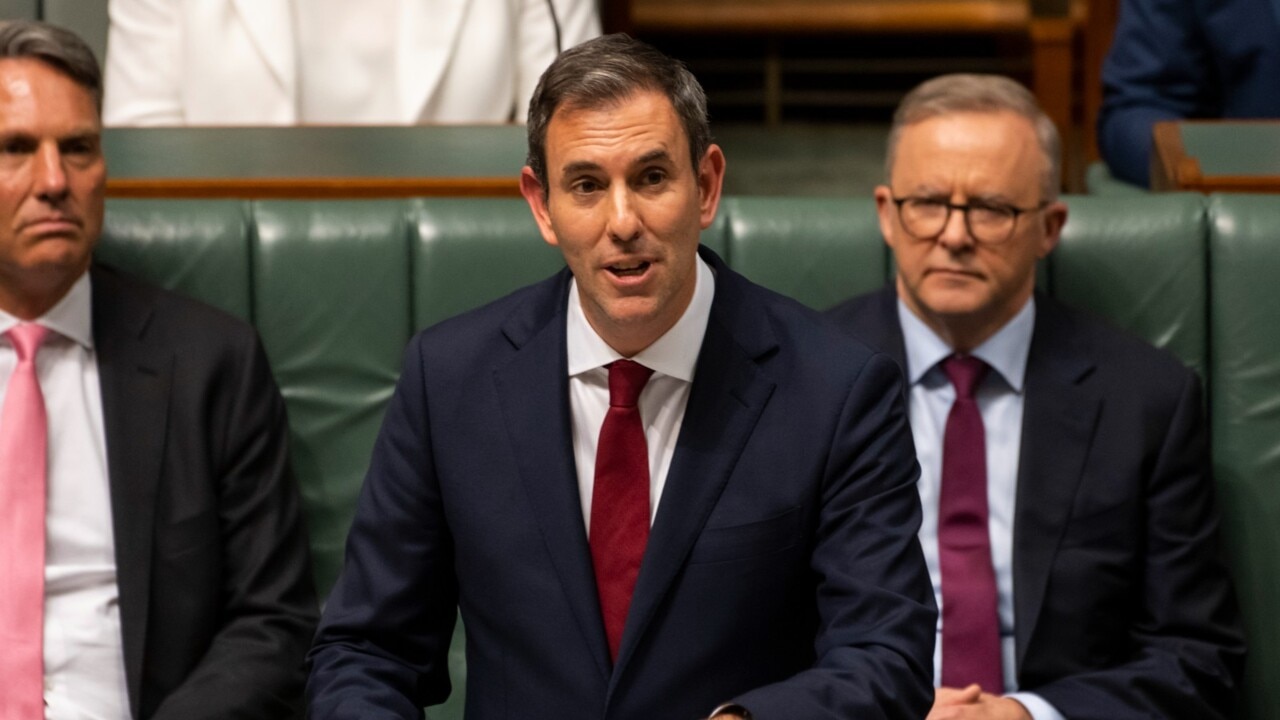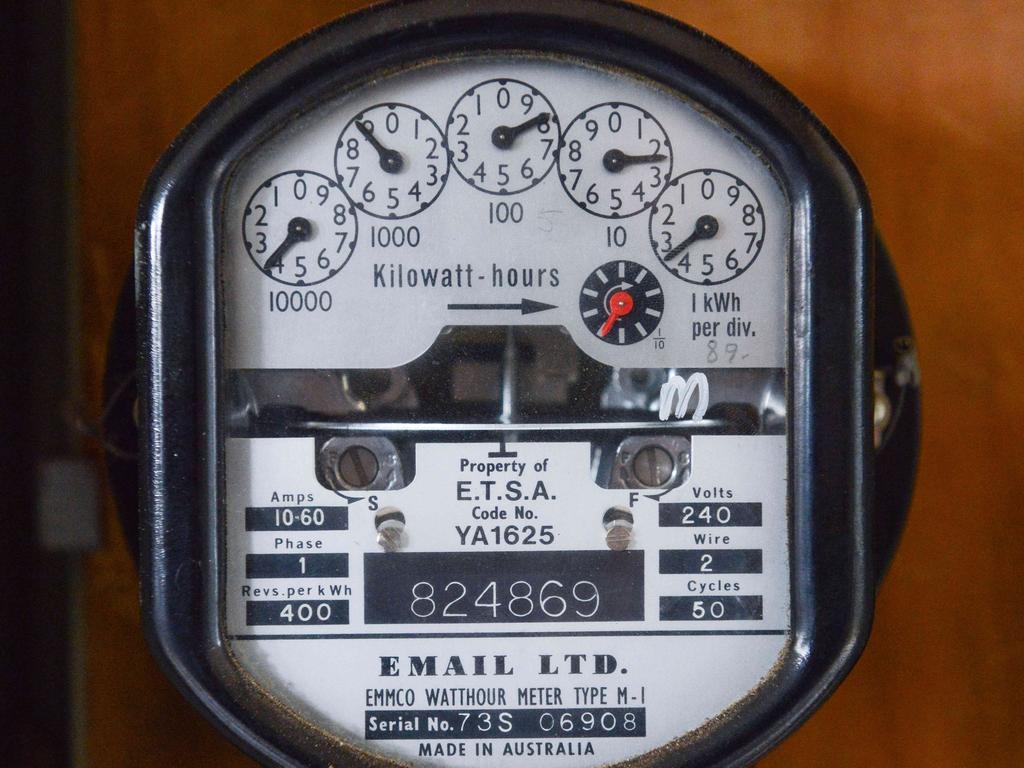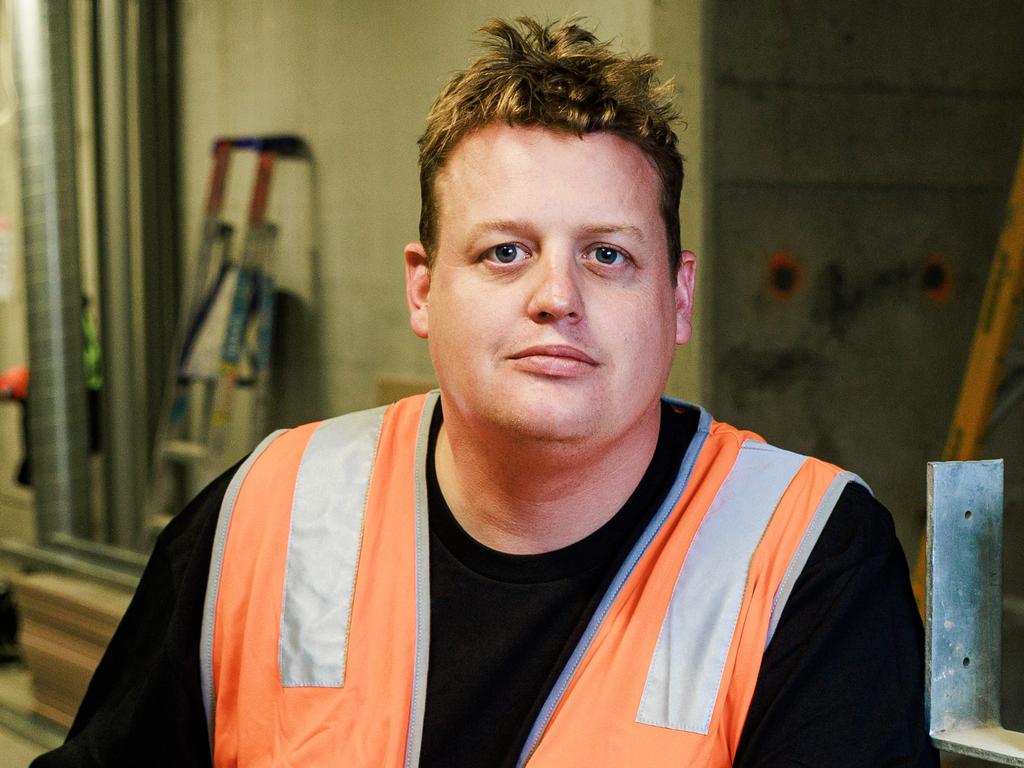Productivity Commission report warns of low performance as Jim Chalmers speech tackles ‘problem’
Australians will work two hours more per week and earn 40 per cent less unless we improve productivity, according to a key five-yearly economic blueprint.

Australians will be working two hours more per week and earning 40 per cent less if the country fails to improve its poor productivity performance over coming decades, according to a key five-yearly economic blueprint to be released on Friday.
In extracts from a speech to be delivered on Thursday, Jim Chalmers declared “Australia has a productivity problem”, even as he made it clear the government would not implement every recommendation contained in the 1000-page Productivity Commission report.
The Treasurer pointed to some fundamental differences between the commission’s recommendations and Labor’s policy agenda, saying: “We don’t believe productivity gains come from scorched-earth industrial relations, for example, or from abolishing clean-energy programs.”
Productivity Commission chairman Michael Brennan has warned that market interventions, such as Labor’s gas price caps, could become entrenched, while an interim report in October warned that the expansion of multi-employer bargaining could result in more strikes, supply chain disruptions, cascading wage pressures and damage to the economy.
The Treasurer, who has talked about “renewing and revitalising” the commission amid heavy criticism from unions of the independent institution, said the report underlined that, over the longer term, “our success will be determined by whether or not we can lift living standards”.
“And that will be determined, in turn, by whether we can put the woeful productivity performance we saw during the wasted decade behind us,” Dr Chalmers said.

“This won’t be easy or quick, but together, we can begin to methodically turn it around, with a goal of improving measured productivity not for its own sake, but because of what it represents: an expanded speed limit on our economy to enable and empower non-inflationary growth – and grounds for sustainable wage increases, which could lift living standards for working people in this decade and the next.”
The commission’s report, which was handed to the Treasurer last month, highlights the costs of Australia’s dismal productivity growth of 1.1 per cent over the past decade – the worst result in 60 years and just half the rate recorded through the 1990s.
The commission estimates that if Australia had kept up its 60-year average productivity performance, national income per person would have been $4600 higher by 2020.
“If we stay stuck on the current course, the PC projects future incomes will be 40 per cent lower and the working week 5 per cent longer,” Dr Chalmers said.
The commission’s five-point policy agenda “for a more productive” country includes: skilling up the workforce for the jobs of the future; harnessing data and making the most of digital technology; creating more competitive markets; making government services more efficient; and reaching net-zero emissions at the lowest cost.

Dr Chalmers, who will deliver the speech to the Committee for Economic Development of Australia, said the five themes “align pretty closely with what I’ve been talking about over the last nine months, about the opportunities of the energy transition, the possibilities of data and digital, and the big shift to services – particularly the care economy”.
“Now obviously, no government is expected to pick up and run with every recommendation of the PC – no government has and no government will,” Dr Chalmers said. “In fact, precisely zero recommendations from the last five-yearly review were fully implemented by our predecessors – and half of these involve or are exclusively for the states, which we’ll discuss with them.”
Dr Chalmers said he wished to emphasise that there was more than one way to “satisfy our objectives” on productivity.
“Multiple pathways, and not all of them in the report I release tomorrow, will be consistent with the government’s priorities or values,” he said.

He said that instead of using “scorched-earth” industrial relations changes or abolishing clean energy programs, the government would achieve productivity gains from “investing in our people and their abilities, from fixing our energy markets, from making it easier to adapt and adopt technology so it works for us not against us, and by creating the stability and certainty necessary for capital to flow towards areas where we have advantages and opportunities to underpin a more modern industrial base”.
“We want to maximise opportunities in energy, not just minimise costs,” he said. “We want more co-operative workplaces, not more insecurity and conflict.”
Dr Chalmers touted Labor’s “comprehensive reform agenda to grow our economy and lift living standards by investing the right way in productivity growth”, including cheaper childcare and 480,000 fee-free TAFE places. An extra $3bn to upgrade the NBN would help drive the digital transformation.
Working with states to fast-track zoning, planning and the release of land through the housing accord and slashing migration visa backlogs would improve economy dynamism, Dr Chalmers said, while the NDIS review led by Minister Bill Shorten would drive efficiencies in a major government service. “We all want better living standards. We all recognise the central role of productivity growth in that effort,” Dr Chalmers said.








To join the conversation, please log in. Don't have an account? Register
Join the conversation, you are commenting as Logout